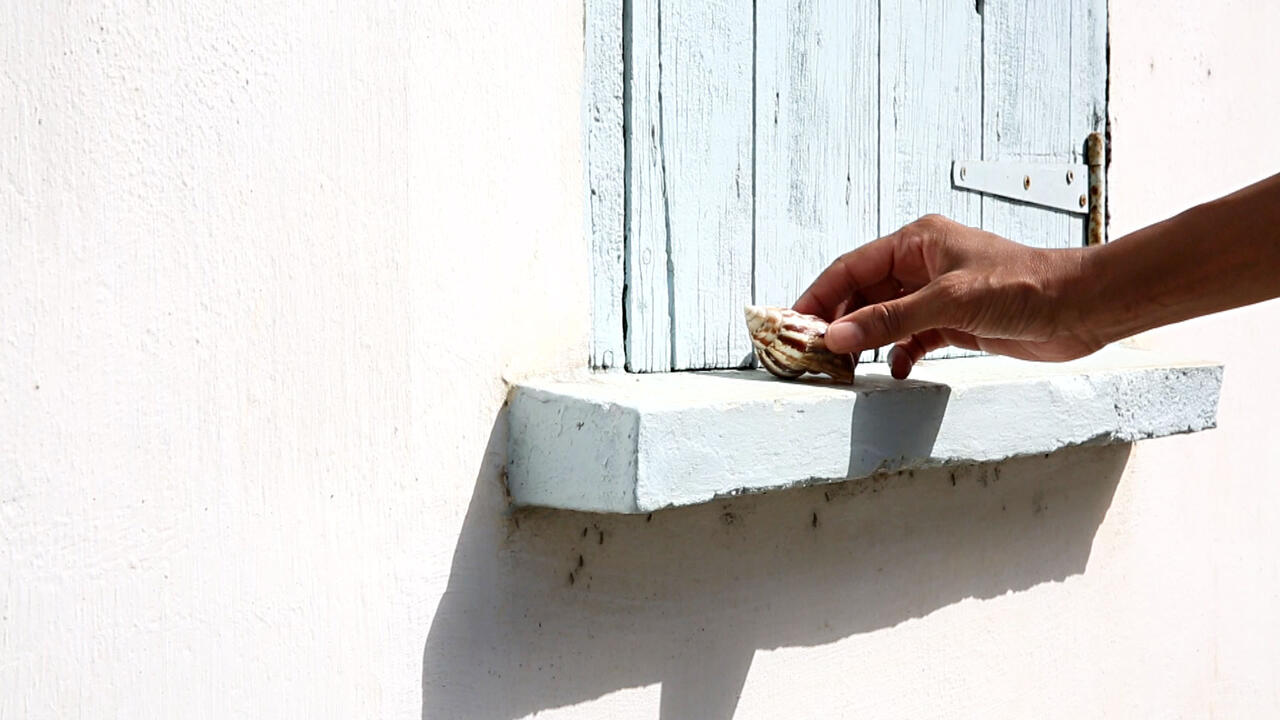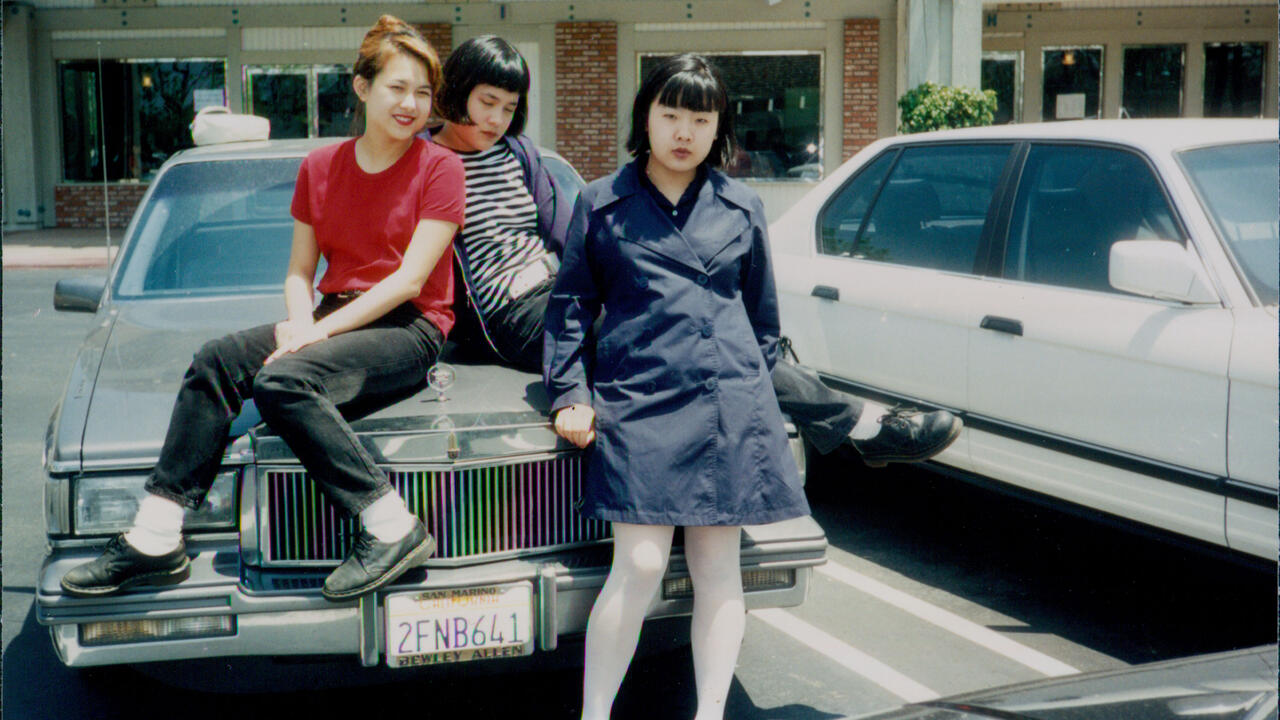From an Ancient Star
Belbury Poly (Ghost Box, 2009)
Belbury Poly (Ghost Box, 2009)

There is something of the fictional archive about the Ghost Box record label. Co-founded in 2004 by Jim Jupp (aka Belbury Poly) and Julian House (who releases creepy, folk-influenced music as The Focus Group), the label’s studiously art-directed identity follows the grids and sans-serifs of Germano Facetti’s 1960s Penguin book covers, as does its periodical, Folklore and Mathematics, which intersperses reprinted Radio Times television listings with supernatural arcana. Its music is similarly carefully managed: tie-dyed pastoral muzak and electronic miniatures that have little time for the city, though the music’s verdant glow comes not from an imagined idyll but a poorly tuned television. Many Ghost Box releases aspire to a sound that might first have been encountered through television; the kind of electronic incidental music produced by the BBC Radiophonic Workshop for some 40 years from the end of the 1950s, haunting programmes with a particularly English brand of weirdness. (Indeed, the label’s name was conceived as a metaphor for television.) House himself is a library music scholar and many of the label’s releases seem to want to pass for what could be termed ‘functional music’: atmospheric interludes, jingles and scores. With a number of micro-labels currently dedicated to reissuing such archival rarities – meaning it’s no longer so difficult to source, say, 1970s Estonian porn soundtracks – Ghost Box’s re-imagining of a pre-Internet period of British broadcasting scored by government-funded eccentrics is certainly compelling.
The artwork for From an Ancient Star, Jupp’s third album as Belbury Poly, breaks from the label’s quasi-educational aesthetic, giving a bad-taste nod to the gaudily celestial covers of Erich von Däniken’s 1970s books about ancient archaeology and UFOs. From an Ancient Star comprises relatively straightforward cosmic disco that, given the last decade’s rediscovery of slow-motion Balearic dance music, sounds as current as this label is ever going to get. On the title track, arpeggiated Giorgio Moroder-style synths use an unsettling pitch shift that situates it some way from the dancefloor, while elsewhere snatches of warped voices keep things pleasantly askew. Less successful is the faintly abhorrent ‘A Great Day Out’, on which jaunty choral samples are overlaid with muffled spoken passages, before, disastrously, dissolving into reggae.
Ghost Box has assembled a lovingly curated cottage industry around themes of craft, anonymity and a particularly coercive form of nostalgia, with appropriate graphic signifiers placed in order to prompt fuzzily recalled educational short films or station idents. The label has received considerable praise from several high-profile British critics, and it’s telling that much of this concerns their own non-specific memories of scores from outré BBC dramas. Ghost Box’s generational appeal continues down to the tactility of its assiduously packaged releases; a dematerialized mp3 would certainly unmoor these handpicked references. Little contemporary musical context is suggested, though both Belbury Poly and The Focus Group certainly share more than a little with such quietly feted acts as Birmingham band Broadcast – who, at the beginning of this decade, had a similar line in dreamy rattles and vintage melancholia and whose record covers were designed by House – and Boards of Canada, the Scottish duo with a taste for green-tinged dread and whose name derived from a government organization dedicated to educational film. Like Jupp and House, their economically evocative experimentation was influenced by the BBC Radiophonic Workshop’s Delia Derbyshire, though they went further in blending other musics – hip-hop, early techno and so on – into their own period-scrambling textures. Ghost Box’s eerie Anglophilia is brilliantly realized, but its persuasive nostalgia is becoming frustratingly blinkered.





















